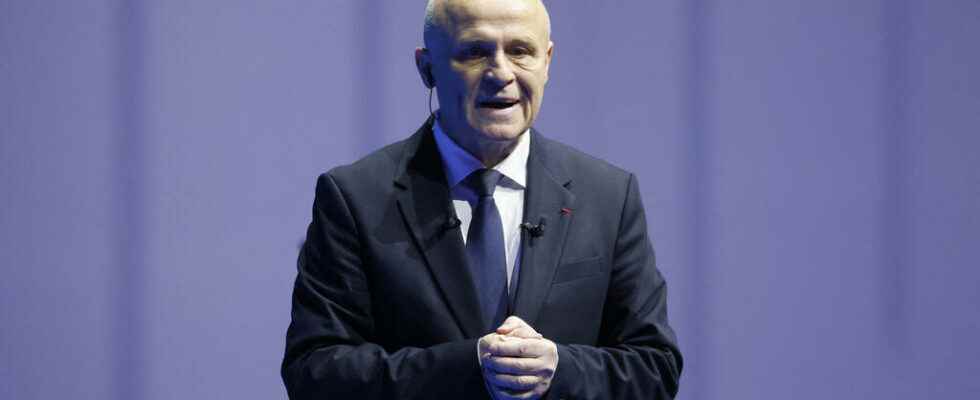France adopted its very first “polar strategy” on Tuesday April 5. This plan is dictated by two climatic and geopolitical imperatives. The government will invest between 400 and 700 million euros by 2030.
This is the first time that France has adopted a strategy for the North and South poles. Tuesday April 5, Olivier Poivre d’Arvor, the French ambassador for the poles and maritime issues, presented this strategy validated by Prime Minister Jean Castex. According to the cluster ambassador, this strategy was very important for two reasons. First, in view of the climate emergency: “The warming is three times greater than elsewhere in the Arctic“, he explains.
Then, given the geopolitical context: “When we see that Russia, president of the Arctic Council, declares war on Europe, it was necessary to ensure governance of these areas», develops Olivier Poivre d’Arvor. The French polar strategy also aims to enforce the Antarctic Treaty of 1959 which makes the South Pole, “a land of peace and sciencefar from any desire for territorial acquisition.
Between 400 and 700 million euros invested
In detail, this plan will make it possible to remedy the lack of investment by France for the poles. Until today, the budget was 30 million euros per year. With this new polar strategy, it will be at least 50 million euros each year. This funding should be used, for example, to renovate two scientific research bases in Antarctica: Dumont-D’Urville and Concordia and to hire new researchers.
The CNRS welcomed the announcement made by the ambassador of the poles. “It is an ambitious plan, judge Nicolas Arnaud, director of the National Institute of Sciences of the Universe of the research laboratory. It will allow us to study very directly how glaciers are melting at a surprisingly rapid rate. We also need to understand how marine ecosystems in the Arctic and Antarctic are changing under the effect of global warming.“.
► To listen to Olivier Poivre d’Arvor: “We will produce requests which will be transformed into commitments by the Heads of State”
Restoring a leading position to France
Behind the research, there is also the desire for better information from States on climate change: “We want to be able to advise all the players on the decisions that need to be made», indicates Nicolas Arnaud of the CNRS. The ambassador of the clusters, Olivier Poivre d’Arvor, had no other objective with the creation of this strategy: “It needed an organization by the State of the polar question as it exists in digital or space to make decisions and obtain funding“.
This tool is the replacement for the Sea Committee. It becomes the Interministerial Committee for the Sea and the Poles. Under the authority of the Prime Minister. It is responsible for deciding government policy regardingall areas of polar activity“. This committee will be under the responsibility of a delegate in charge of the Arctic and Antarctica, who is also an ambassador for the poles. Olivier Poivre d’Arvor believes that with this new tool and more generally with the new French strategy: “French polar research is back in the big leagues when we were in the third division.»
International cooperation
Beyond research, France’s polar strategy also aims to weigh diplomatically. Its name: “Balancing the Extremes” is not innocent. The French ambassador of the poles wants to give back to France and to Europe their positions of intermediary between the other world powers:This plan allows us to be a power of balance because around the polar subjects there are the United States, Russia, China which are not powers as balanced as we, Europeans, on these subjects“.
France creates initiatives. The organization on its territory of an international conference on the poles in 2023. It is negotiating with the United Nations and other international organizations for the launch of a “Decade of the Polar Worlds” from 2025 to 2035 to increase the means of research and better understand the consequences of climate change in the Arctic and Antarctic.
► Read also One Ocean Summit: so many challenges for the big blue
